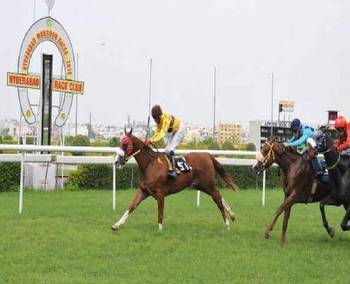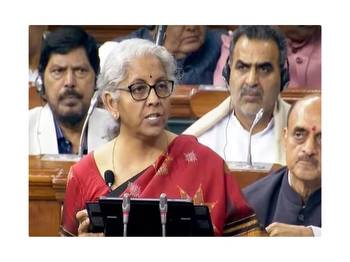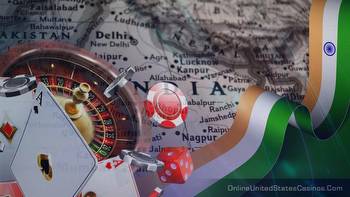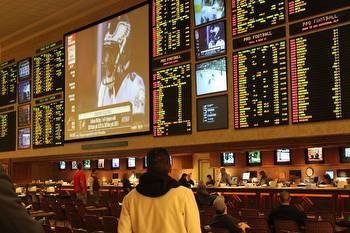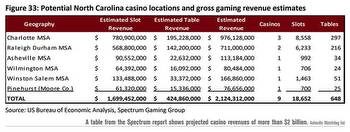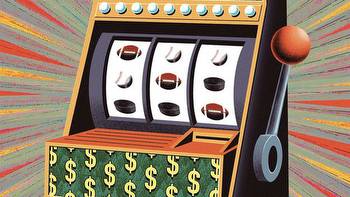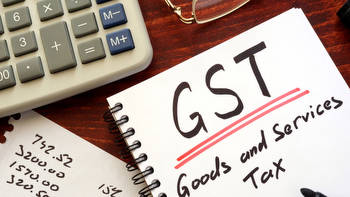Legalising gambling can help generate jobs, revenue
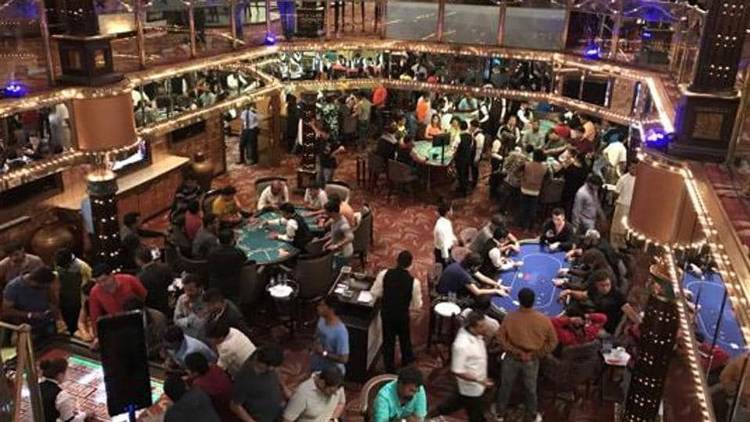
Updated on Jul 09, 2018 10:47 AM IST
The Law Commission of India has recommended deregulation of gambling int he country. But deregulation must be carried out while ensuring that the vulnerable sections of society are protected from exploitation
Since the enforcement agencies have been unable to curb the spread of illegal gambling in the country, the Law Commission of India has recommended that the government should consider legalising gambling and betting as a regulated activity. In 2016, while examining the Justice RM Lodha panel’s recommendations on legalising betting in sport, triggered by allegations of match-fixing in the Indian Premier League, the Supreme Court had mandated the commission to examine the subject. The commission’s report, submitted to the government last week, suggests changes in law to regulate gambling and betting. One of the recommendations says that in keeping with the changing times, the State should re-examine the ban on gambling . “With the advent of online gambling and the anonymity it ensures, gambling and betting activities have acquired a global presence. It has, therefore, become more challenging for countries to monitor or curb these activities,” says the report. The observation is not too different from what American economist Gary Becker, a Nobel Laureate, once said: “I favour allowing online gambling, given the weak arguments against it, the common human desire to gamble, and also that addictive aspects of gambling are greatly exaggerated.” In the State of Bombay vs RMD Chamarbaugwalla case in 1957, the Supreme Court had observed that even the legendary Kautilya, celebrated for his strategical acumen, wasn’t averse to the State earning revenue from gambling.
For the record, gambling is illegal in India. India’s gaming laws are governed by the Public Gambling Act, 1867, in which any agreement based on a wager (or chance) is termed as void. Allowing betting or gambling will entail amending the provisions of the Act. But large-scale illegal betting continues regardless, in the process, depriving the State of revenue-earning opportunities. A good option could be to legalise, regulate and tax the resultant income. This might help curb illegal syndicates. Regulation of the sector also makes sense if one considers the extent of illegal gambling in the country. In a report on the subject in 2013, the Federation of Indian Chambers of Commerce and Industry had said there was an informal Rs 300,000 crore annual betting industry in India.
Recommending linking the betting amount with the player’s PAN card and Aadhaar card, the law panel has also asked the government to modify the foreign direct investment (FDI) policy to allow FDI in the casino and online gaming industry. Even as India continues to follow an antiquated British-era statute, the UK itself is among the countries that legalised gambling and betting decades ago. Apart from revenue, legalising and regulating the gambling sector could also help generate valuable employment. The regulated gambling industry in the United Kingdom, for instance, hires more than 100,000 people. Japan , which has the largest national betting market in the world, allows betting on horse racing, cycling, motorbike racing and boat racing. In India, too, central and state governments can earn millions of rupees in revenue from taxes on gambling.Still, despite the clear potential for revenue, any such move for deregulation must be carried out while ensuring that the vulnerable sections of society are protected. A robust regulatory framework governing the sector will ensure that people do not fall prey to the excesses of gambling. To that end, the law panel has recommended placing restrictions on gambling by youngsters and children below the age of 18 years and those who are below the poverty line to whom the State provides social security measures.











